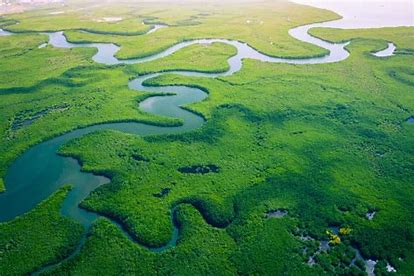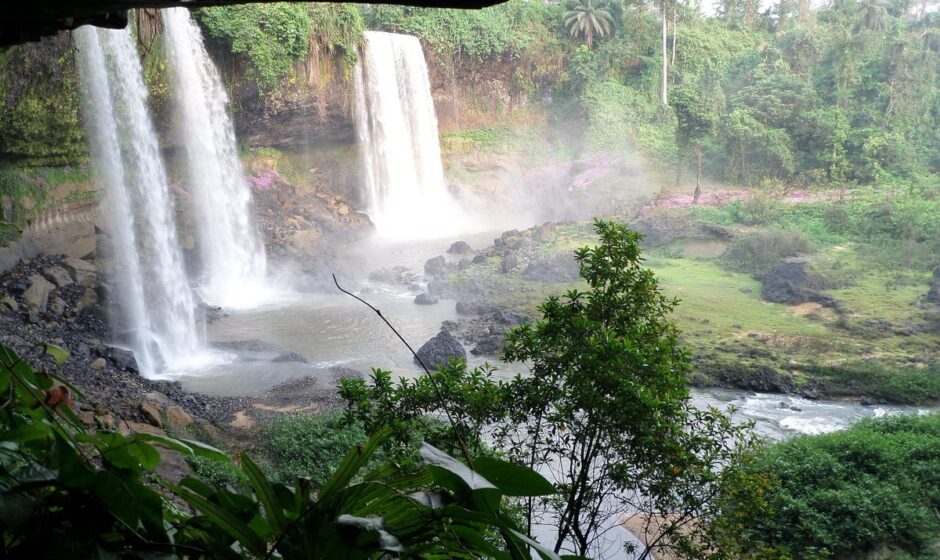The Food and Agriculture Organization, FAO, of the United Nations has intensified agricultural programs and trainings in five local government areas of the state in order to boost agriculture and restore the mangroves in the riverine communities of Cross River State.
The FAO Climate Change Specialist and the Lead of Work for Climate Change Environment and Biodiversity in Nigeria, Nifesimi Ogunkua, disclosed this in Calabar.
“The FCDO has funded a project on mangrove landscape management to support the coastal communities.”
“We have five local government areas dedicated to promoting alternative livelihoods centered around nature-based solutions.” All of these projects are ongoing and serve as focal points for the country.
“I visited Creek Town in Odukpani LGA to discuss the upcoming restoration of the mangrove landscape with the community head, women, and youth leaders.”
“We’ve trained local women on alternative livelihood skills, including mangrove regeneration, for 9 weeks in the community.”

Ogunkua said that as part of their activities, FAO will install some livelihood equipment, like ovens, in 50 communities, 10 in five LGAs, which they will formally launch in the state in September 2024.
He said that after the nine-week training, they provided aquaculture kits that include fish fiber tanks, fingerlings, and feed to ensure sustainable aquaculture production.
He stated that these are the parts of the gap analysis assessment that were conducted on the ground to dissuade locals from mangrove deforestation and to rely on economic alternatives for survival.
The FAO climate expert further disclosed that in Boki and Akamkpa LGAs, they have an established nursery, not just for restoration but economic seedlings for smallholder farmers, particularly cocoa and oil palm, to promote agroforestry.
He maintained that smallholder farmers should follow this direction so that, during the off-season for cocoa and oil palm fruiting, they have alternative trees that would provide them with additional income.
Beyond this, the environmental benefits of agroforestry are immense. The EU’s deforestation-free policy suggests that if farms don’t incorporate agroforestry into their operations, their products won’t receive international acceptance through traceability processes.
“The project also supports Cross River smallholder farmers in integrating into this policy, ensuring it is not challenging but rather an opportunity for them to build upon.”
“For restoration, we are restoring 15,000 hectares of degraded landscape caused by agricultural expansion in four state LGAs.”



